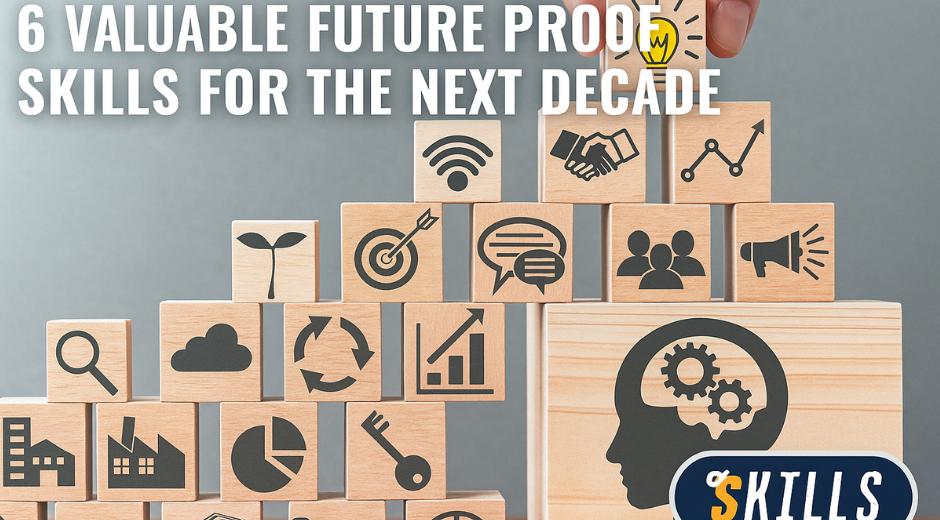Modern Leadership: 7 Strategies That Create Impact
Modern Leadership: 7 Strategies That Create Impact
Leadership is no longer about authority or control; it’s about vision, empathy, and influence. In today’s fast-changing world, modern Management requires emotional intelligence, adaptability, and a genuine desire to help others grow. The essence of leadership lies in guiding people toward a shared goal while inspiring confidence and respect. These seven strategies will help you understand the real meaning of leadership and how to make a lasting impact.
1. Lead with Empathy
One of the strongest pillars of Management is empathy. Modern leaders understand the feelings and motivations of their team members. Empathy fosters trust and creates an environment where people feel valued. Instead of demanding results, great leaders listen, connect, and encourage. This approach not only boosts morale but also drives performance by making others feel seen and understood. Leadership built on empathy can turn an ordinary team into an unstoppable force.
2. Communicate with Clarity
Effective Management depends on clear and honest communication. Great leaders know how to express their thoughts in a way that unites rather than divides. Clarity eliminates confusion and keeps everyone aligned with the mission. Whether it’s giving feedback or setting goals, communication should always be direct, positive, and supportive. The ability to communicate effectively is one of the most valuable leadership skills you can master.
3. Adapt to Change
Adaptability is a hallmark of leadership in the modern era. Technology, industries, and markets evolve faster than ever, and leaders who resist change risk falling behind. A flexible mindset allows leaders to make smart adjustments and navigate uncertainty confidently. Those who embrace change rather than fear it become role models for resilience. In every situation, adaptive Management proves that growth comes from learning and evolving, not from staying still.
4. Empower Others
True leadership isn’t about taking credit—it’s about helping others succeed. Empowering your team builds loyalty, creativity, and confidence. Great leaders delegate tasks with trust and encourage people to take ownership of their work. Empowerment doesn’t mean losing control; it means giving others the freedom to contribute their best ideas. When Management focuses on empowerment, the entire organization becomes stronger and more innovative.
5. Stay Authentic
Authenticity is the foundation of lasting Management . People follow those who are genuine, transparent, and consistent. Trying to imitate another leader’s style rarely works; authenticity allows your natural strengths to shine. Honest leaders admit their mistakes, share their learning experiences, and show vulnerability when needed. This kind of leadership creates stronger human connections and fosters mutual respect among peers and team members.
6. Focus on Continuous Growth
Leadership isn’t a destination—it’s a continuous journey. The most impactful leaders never stop learning. They read, seek mentorship, and welcome constructive feedback. Growth-oriented Management encourages curiosity and resilience, both in yourself and those you lead. By prioritizing self-improvement, you model a mindset of lifelong learning that motivates others to develop their own potential. The best Management thrives on the belief that progress never ends.
7. Lead by Example
Actions speak louder than words. The cornerstone of effective leadership is setting the right example. When leaders demonstrate integrity, discipline, and dedication, they inspire their teams to follow suit. Every decision, even the smallest one, reflects your values. By embodying the qualities you expect from others, you create a culture of accountability and respect. This kind of Management transforms organizations from the inside out, proving that real influence comes from consistency and action.
The Evolving Face of Leadership
Leadership today is not confined to CEOs, managers, or politicians—it’s a skill anyone can cultivate. Students, entrepreneurs, and professionals alike can develop Management abilities that make a difference in any environment. The rise of digital workplaces and remote collaboration demands new styles of leadership based on communication, inclusion, and shared purpose. The modern leader is no longer a commander but a connector—someone who unites people toward progress.
Building Leadership Through Balance
Another essential aspect of leadership is balance. Effective leaders know when to act decisively and when to listen carefully. They balance confidence with humility and vision with practicality. In a world full of noise and distraction, balance helps leaders stay grounded and focused. By practicing mindfulness and self-awareness, leaders make better decisions and maintain harmony within their teams. Balanced Management ensures long-term success and stability.
Inspiring Others Beyond the Workplace
Great Management extends beyond the professional environment. It influences communities, families, and social movements. By inspiring others to take initiative and think positively, leaders multiply their impact. Leadership isn’t just about what happens in meetings or projects—it’s about the ripple effect of your behavior, words, and energy. True leaders create a culture of empowerment that continues long after they’ve moved on.
Learning from Great Leaders
History offers countless examples of leadership that shaped humanity—visionaries who led with courage and compassion. From innovators in technology to reformers in society, their journeys show that Management is built on purpose and perseverance. Studying their stories helps us understand the diverse paths to leadership success. While every leader’s approach is unique, the core principles—empathy, vision, and authenticity—remain timeless.
Conclusion
Leadership in the modern world is dynamic, inclusive, and deeply human. Whether you’re leading a small project, a classroom team, or a business, the same principles apply: inspire, empower, and evolve. To dive deeper into improving Management and personal growth, explore FocusMindFlow for mindset tools and FinanceWorldHub for strategic financial Management insights.
For more detailed guides on personal development and skill-building, visit our internal article “Mastering Leadership Skills for the Future” on StudySkillUp.
Embrace these strategies, lead with integrity, and watch how true leadership transforms both you and those around you.
Education Made Simple

Study Focus Techniques That Actually Work
Study Focus Techniques That Actually Work

Learning Skill Awareness For Smarter Study Choices
Learning Skill Awareness For Smarter Study Choices












